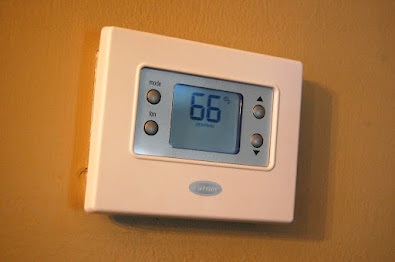Is It Necessary to Increase Water Heater Temperature During Winter?
As winter draws near, the mere notion of freezing showers sends a shiver down your spine. But fret not! Prepare for an exhilarating expedition into the scorching depths of the water heater debate, where we will unveil the enigmatic truth that lies within.
 |
| Water Heater Temperature During Winter |
Raising the temperature on your water heater can be dangerous. Hot water can cause burns, especially for children and older adults. Additionally, higher temperatures can lead to mineral buildup in your pipes, causing plumbing issues down the road. It's important to be aware of these risks.
So, is there a compromise?
Yes, there is. Instead of turning up the temperature on your water heater, you can take a few alternative steps to ensure you have warm water during the winter months.
1. Insulate your hot water pipes
Unleash the full potential of your hot water! Bid farewell to heat loss and welcome the embrace of long-lasting warmth. Wrap your hot water pipes in a cozy insulating layer, and watch as the temperature stays just right without cramming up that water heater dial.
2. Upgrade to a more efficient water heater
Consider investing in a more energy-efficient water heater. Newer models often have better insulation and recovery times, so you can have hot water faster and longer without increasing the temperature.
3. Install a mixing valve
A mixing valve allows you to adjust the water temperature from your faucets. By installing one, you can maintain a safe temperature at the source without increasing the water heater's temperature.
4. Practice water conservation
It may sound simple, but conserving water can make a big difference. Taking shorter showers and using cold water for daily tasks like handwashing or laundry can reduce the demand for hot water.
In conclusion, there are better solutions than turning up the temperature on your water heater in the winter. It comes with risks and potential issues down the line. Instead, consider alternative methods like insulating your pipes, upgrading to a more efficient water heater, installing a mixing valve, and practicing water conservation. By implementing these steps, you can ensure a comfortable and warm bathing experience without compromising safety or efficiency. Stay warm and enjoy the winter season!



Comments
Post a Comment